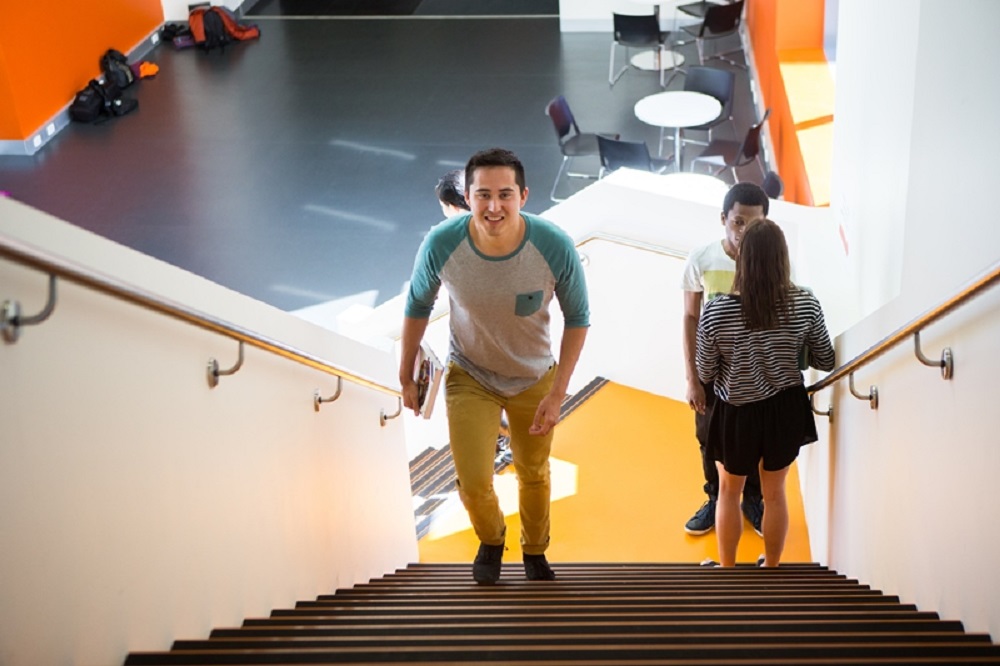Antony Perry
28 February 2017: The rise in automation and artificial intelligence will have the biggest impact on universities as they fight to remain relevant, a leading tertiary education expert has warned.
Speaking at a public lecture at the University of Canberra last night, University of Saskatchewan research chair in regional innovation Ken Coates said universities faced an uncertain future if they did not take seriously the threats posed by the 21st century.
Dr Coates predicted major changes to the sector in the next decade and beyond, largely through the rise of artificial intelligence and related technological developments.
He said these would create major implications for the future workforce, leaving the next generation of school-leavers facing an uncertain future if tertiary institutions didn’t evolve.
“This whole issue of automation, artificial intelligence, digital technology and robotification has a lot of people worried, but not enough,” Dr Coates said.
“The estimates are – depending on which economy you’re in – 30 to 50 per cent of the jobs we currently have will disappear somewhere by 2025 and 2030. That’s not that long down the line.”
In his lecture Universities 2050: skills, jobs, learning and the changing world of 21st century universities, Dr Coates said universities in their current state were ill-prepared for preparing students for the future workforce.
The tertiary system, he said, required major technology-driven changes to offset looming job losses.
“I think one of the issues is that we have too few good jobs,” Dr Coates said.
“So it’s actually a function of the fact that we’re losing jobs on the left hand, we’re over-producing people for jobs that no longer exist on the other hand, and you’re creating a growing level of dissatisfaction – sometimes anger.”
Dr Coates said future-proofing the next generation of students against the changes brought on by the 21st century was paramount.
“What we have to do now is prepare students to respond to the challenges of the 21st century – not the jobs of the 1990s – by aligning programs, training and education with the requirements of the future workforce,” he said.
“We’re living in transformational times, and we’re only going to see further change come through as a result of science and technology-driven innovation.
“We’re seeing major issues around the employment of graduates, core competency and skills development. Most worrying is the rise of competitors – private, online, micro-courses and work-based learning.”
University of Canberra Vice-Chancellor and President Professor Deep Saini said the University is conscious of these challenges and is adapting to the changing environment to cement itself as an indispensable part of the future workforce’s learning journey.
“Over the next 15 years, the University’s Bruce campus will be transformed to accommodate the needs of students who will be entering a vastly different workplace to the ones we see today,” Professor Saini said.
“We will have on campus world-class facilities to foster innovative research and learning outcomes. Our health students and researchers, for example, will have access to the new state-of-the-art University of Canberra Public Hospital right on our doorstep.”



